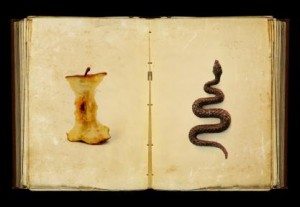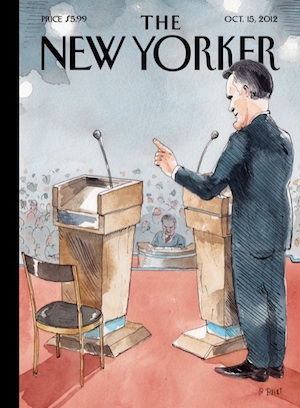Walter Russell Mead on the structural problems of the modern church: The Christian churches in the United States are in trouble for all the usual reasons — human sinfulness and selfishness, the temptations of life in an affluent society, doctrinal and moral controversies and uncertainties and on and on and on — but also and to a surprisingly large degree they are in trouble because they are trying to address the problems of the twenty first century with a business model... Read more
















